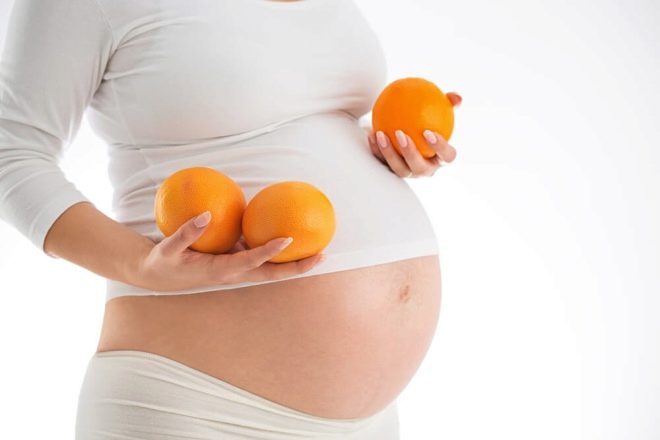American pediatricians urged not to protect children from food allergens
Experts of the American Academy of Pediatrics called for parents of the whole world stop diligently protect children from foods high in food allergens. The sooner the child gets to know them, the less likely the development of an allergic reaction. The results of the study pediatricians published in the scientific publication Pediatrics.
Previous recommendations of the Academy and the WHO recommended that pregnant and lactating women categorically avoid products that can cause atopic dermatitis, asthma and food allergies in babies. Products with a high allergenicity index were not recommended to be introduced into the diet of children until the moment the babies reached 3 years of age. It was explained by the immaturity of children's immunity.
Such recommendations were adopted on the basis of the 2008 report and have not been questioned to this day. Doctors around the world followed them.
The new report impressed the experts - studies have shown that there is a direct relationship between childhood allergies and hypoallergenic food. That is, children who are diligently protected from contact with food allergens are more likely to suffer from various forms of atopy and allergies.
Now it is recommended to “acquaint” babies with allergenic products in small quantities earlier, so that their immunity “learns”. We are talking about peanuts, legumes, citrus and other products that were previously prohibited to babies.
The first acquaintance with peanuts, in particular, is proposed to be carried out when the child reaches 6 months of age. At the same age, it is strongly recommended to give the child to taste eggs, fish, cow's milk, wheat and soy.
Russian specialists immediately responded to the new recommendations. So, at the Department of Pediatrics of the Sechenov University, they stated that they generally agree with the arguments of their American colleagues, but it’s advisable to introduce allergens so earlier against the background of ongoing breastfeeding. Stop breastfeeding is not worth it.
While the new recommendations of the American Academy of Pediatrics are not aligned with WHO recommendations, they contradict each other. In the near future, new data will be examined by WHO experts and, possibly, the recommendations will be changed according to the latest information.
It should be noted that the new recommendations were given not only to parents of babies, but also to pregnant women. According to the new rules, they are not recommended to limit highly allergenic foods in the diet, but their quantity should be moderate and reasonable.


